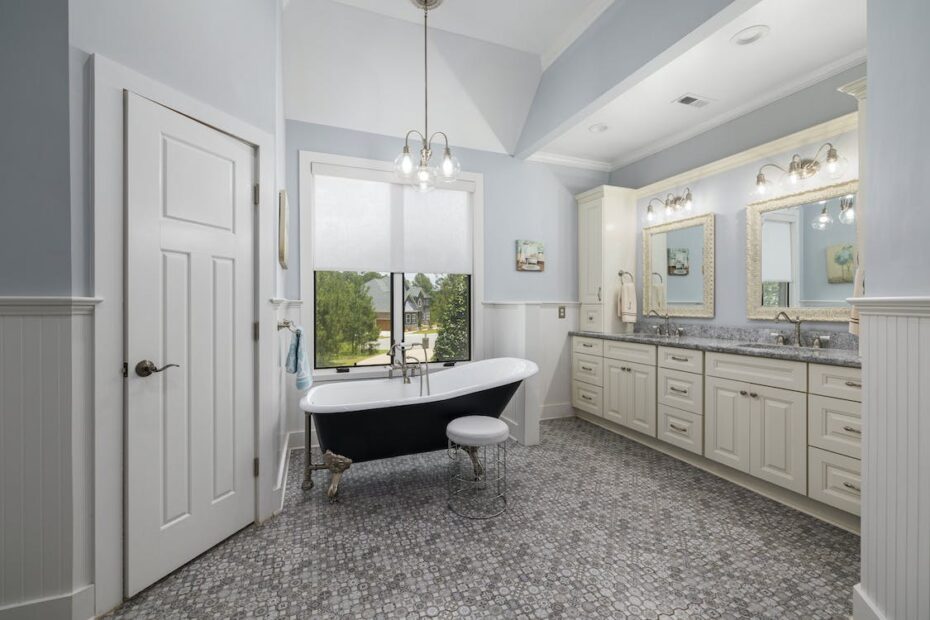When embarking on the search for a new home in Rockville Centre, potential buyers often find themselves faced with a decision: should they consider pre-construction homes? While these properties offer a unique opportunity to customize and personalize one’s living space, they also come with their own set of considerations. In this article, we will explore the pros and cons of pre-construction homes, helping you make an informed decision as you navigate the real estate market in Rockville Centre.
Pros:
- Customization and Personalization: One of the most significant advantages of pre-construction homes is the ability to customize and personalize your living space. From choosing the layout and finishes to selecting the color scheme and fixtures, you have the opportunity to create a home tailored to your preferences and needs.
- Modern Amenities and Energy Efficiency: Pre-construction homes often incorporate the latest technology and energy-efficient features. From smart home automation systems to energy-saving appliances and sustainable building materials, these properties can offer long-term cost savings and a more comfortable living environment.
- Lower Maintenance Costs: Since pre-construction homes are newly built, they generally require less maintenance in the initial years. With modern construction techniques, you can expect fewer repairs and replacements, ultimately saving on maintenance costs.
- Potential for Appreciation: In a rapidly growing area like Rockville Centre, pre-construction homes have the potential for appreciation. Investing in a property before it is completed allows you to benefit from market appreciation, possibly increasing the value of your home before you even move in.
Cons:
- Construction Delays: Construction projects are often subject to delays due to weather conditions, labor shortages, or unforeseen circumstances. This can disrupt your moving plans and lead to frustration and extended temporary housing costs.
- Uncertain Neighborhood Development: Purchasing a pre-construction home means you may not have a complete understanding of the neighborhood’s final form. Nearby amenities, infrastructure, and landscaping can change during the construction process, potentially altering your initial perception of the area.
- Limited Room for Negotiation: Unlike established homes, pre-construction properties usually have less room for price negotiations. Builders often set their prices based on construction costs and market demand, leaving little flexibility for potential buyers to negotiate a lower price.
- Potential for Unforeseen Issues: Although pre-construction homes are built to the latest standards, there is always a risk of construction defects or issues arising during the early years of occupancy. Warranty coverage and builder reputation should be thoroughly researched to mitigate any potential problems.
Conclusion:
Choosing a pre-construction home in your Rockville Centre search offers numerous benefits, such as customization, modern amenities, and potential appreciation. However, it also comes with considerations, including construction delays, uncertain neighborhood development, limited negotiation options, and potential unforeseen issues. Ultimately, the decision to invest in a pre-construction home should be made after carefully weighing these pros and cons, considering your personal preferences, budget, and long-term goals.
